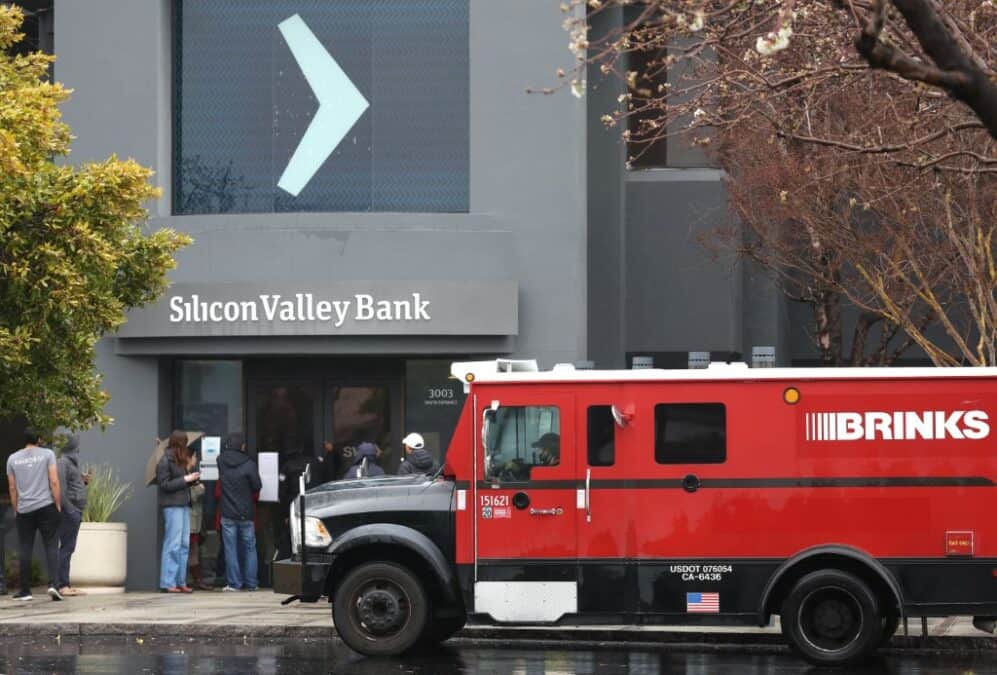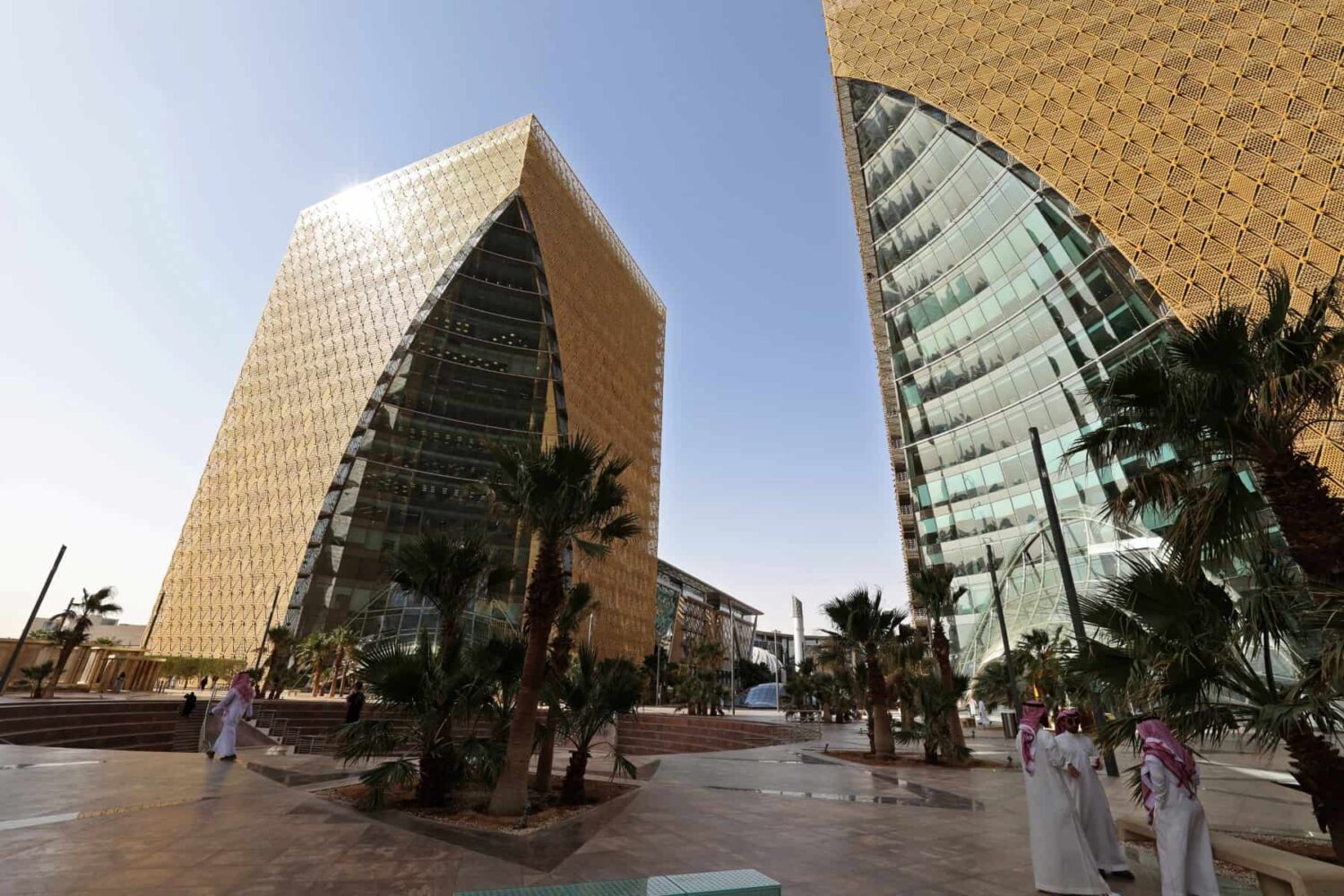MIAMI, FLORIDA — The Silicon Valley Bank (SVB) crisis is likely to affect current investments in the technology sector, especially GCC investments in the US, Sortium CEO and co-founder Marc Seal told TRENDS.
“Many new businesses in the area rely on financial support from European and American accelerators and venture capitalists, and any interference with these funding sources could trigger repercussions,” he said.
He was referring to the recent collapse of SVB that has left many tech firms financially strained, raising questions about the impact of the collapse on the tech industry and startup ecosystem, both in the US and the GCC region. For over 30 years, the SVB had been a top choice for banking among startups and the tech industry globally, thanks to its industry understanding and flexibility.
Despite the crisis, Seal believes that the Middle East startup industry has become more resilient and resistant to setbacks, with a well-established network of startup incubators in Dubai, Abu Dhabi, Riyadh, Manama, and Doha.
“Nevertheless, the startup industry in the Middle East has become more resilient and resistant to setbacks and has exclusive advantages that can assist in surmounting external obstacles. One of these advantages is the well-established network of startup incubators in Dubai, Abu Dhabi, Riyadh, Manama, and Doha,” he said.

Seal noted that it’s still unclear how severe the consequences of the SVB collapse will be, but investments will now flow only to the best-in-class candidates who can deliver a sustainable and scalable business model that sells to the world rather than to one specific region.
Following the bank’s failure, founders of tech startups have been forced to reconsider their banking options for funding their startups.
Seal explained that since SVB is a major provider of venture debt and banking services to the industry, their financial difficulties could make it more challenging for startups to secure funding or access other financial services, which could result in slower innovation and reduced investment in the sector.
However, he remained optimistic that the technology industry is adaptable and resilient and will find ways to overcome this crisis.
The faith in traditional banking systems has been shaken, and many startups and individuals see no reason to risk their funds with small to medium banks, potentially leading to further runs on banks in this category and the collapse of several more.
However, Seal did not believe this will significantly impact investments in the tech space or directly lead to the failure of any startups outside of banking or DeFi.
US-Saudi tech investments
Saudi Arabia and US technology companies have numerous partnerships and investments. The Saudi Public Investment Fund (PIF), for example, has invested more than $7 billion in American companies and banks, the majority of which are in the technology sector. It has also announced in 2019 that it is expanding beyond Riyadh by opening offices in San Francisco, New York, and London.

In 2022, the Kingdom’s venture capital funding increased by 72 percent over to 2021 with investments across 144 deals having reached US$ 987 million startup directory MAGNiTT reported earlier this year.
Furthermore, beyond just PIF, Prince Alwaleed bin Talal has been known to be active in investing across a wide range of companies around the world. In terms of tech and startup portfolio it has included American companies such as Twitter, Snap, and Lyft “Saudi public and private investment funds are awash with liquidity and the readiness to invest is higher than ever on the backdrop of Saudi Arabia’s master-plan Vision 2030. The Saudi PIF be able to weather this crisis better than others.
“However, it is too early to determine the full extent of the damage, but given the current market uncertainty, the fund may need to reconsider its investment strategy and approach” Seal said.








